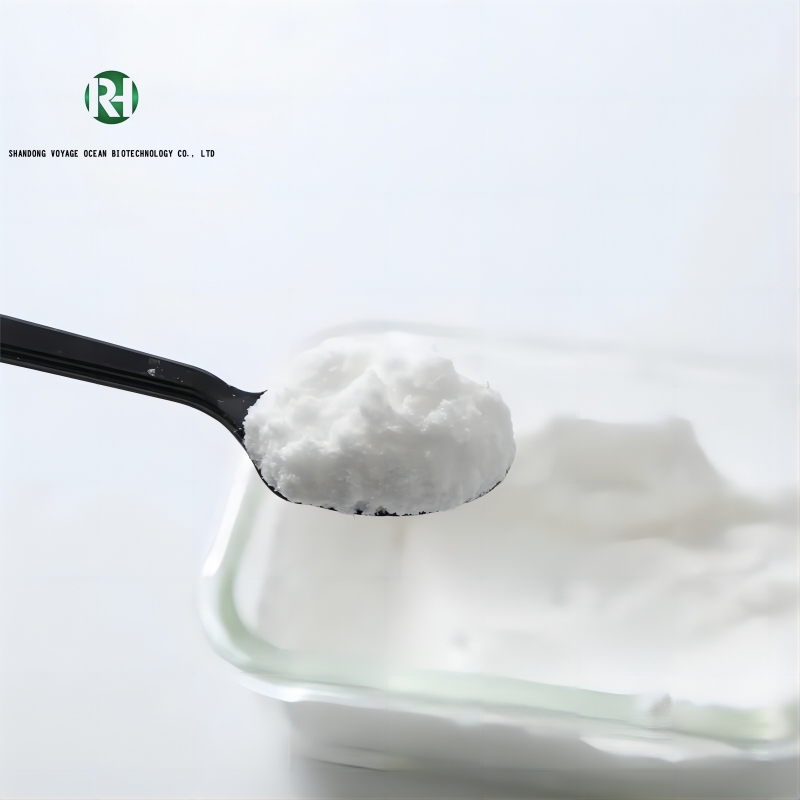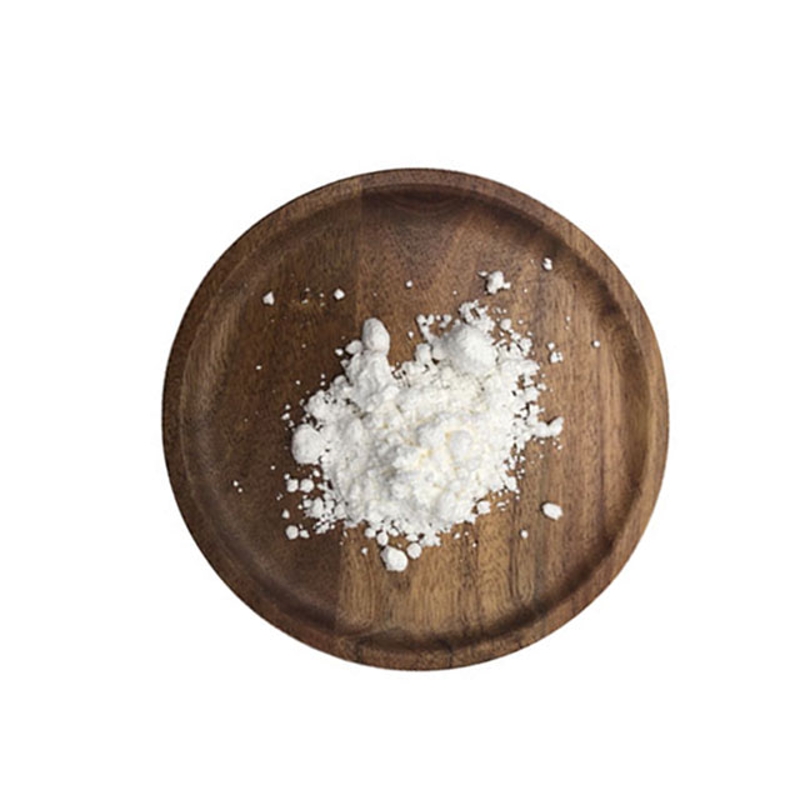EU uses cell factory technology to produce highly efficient microorganisms
-
Last Update: 2020-06-30
-
Source: Internet
-
Author: User
Search more information of high quality chemicals, good prices and reliable suppliers, visit
www.echemi.com
Bacillus Subtilis is found in a large number of natural soils, hay and human intestines, and its excellent ability to convert starch into sugar is widely used in modern enzymatic industries such as the production of vitamin B, industrial proteins and syrupsTherefore, screening or "manufacturing" high-quality and high-yielding bacillus spores has become the key to improve the quality of production in the enzymatic industryThe EU Seventh Research and Development Framework Programme (FP7) provides 3 million euros in funding from the European BASYNTHEC research and development team of the six EU member states and associated countries France (General Coordination), Germany, the Netherlands, Denmark, Switzerland and the United States, with seven research institutions and corporate scientistsSince March 2009, it has been working on advanced emerging Cell Factory technology, where raw materials from the cell plant come from Bacillus spores, and its final product is high-yielding and high-efficiency microorganisms3yv
BasynTHEC's research and development team used the latest innovative screening technology to collect and collate 290 strains of vitamin B (Strains) and 405 alpha-Amylase strainsHigh-yield and high-efficiency strains bred from screening have been commercially promoted, such as high-yield strains used in the enzyme chemical industry, to increase vitamin B5 production by at least 40%In further research, the research and development team found that the cellular genetic material of Bacillus spores plays a decisive role in the high-yield and efficient production of the enzymatic industryWhile ensuring cell regulation and survival, the proper minimization of the removal of unnecessary DNA or access to desired genes has become a new path for research and development teams to develop and "manufacture" high-yielding and efficient microorganisms3yv
To date, research and development investment has been published in internationally renowned academic journals in 10 studies, and a number of invention patents have been filedThe foundation for the development of a new microbial cell factory has been basically laid, the method of in-depth understanding of the cellular gene content and cell cultivation has been mastered, and the ability to provide modified microorganisms according to the actual needs of the enzymatic industrial production3yvBacillus Subtilis is found in a large number of natural soils, hay and human intestines, and its excellent ability to convert starch into sugar is widely used in modern enzymatic industries such as the production of vitamin B, industrial proteins and syrupsTherefore, screening or "manufacturing" high-quality and high-yielding bacillus spores has become the key to improve the quality of production in the enzymatic industry The EU Seventh Research and Development Framework Programme (FP7) provides 3 million euros in funding from the European BASYNTHEC research and development team of the six EU member states and associated countries France (General Coordination), Germany, the Netherlands, Denmark, Switzerland and the United States, with seven research institutions and corporate scientists Since March 2009, it has been working on advanced emerging Cell Factory technology, where raw materials from the cell plant come from Bacillus spores, and its final product is high-yielding and high-efficiency microorganisms 3yv
BasynTHEC's research and development team used the latest innovative screening technology to collect and collate 290 strains of vitamin B (Strains) and 405 alpha-Amylase strains High-yield and high-efficiency strains bred from screening have been commercially promoted, such as high-yield strains used in the enzyme chemical industry, to increase vitamin B5 production by at least 40% In further research, the research and development team found that the cellular genetic material of Bacillus spores plays a decisive role in the high-yield and efficient production of the enzymatic industry While ensuring cell regulation and survival, the proper minimization of the removal of unnecessary DNA or access to desired genes has become a new path for research and development teams to develop and "manufacture" high-yielding and efficient microorganisms 3yv
To date, research and development investment has been published in internationally renowned academic journals in 10 studies, and a number of invention patents have been filed The foundation for the development of a new microbial cell factory has been basically laid, the method of in-depth understanding of the cellular gene content and cell cultivation has been mastered, and the ability to provide modified microorganisms according to the actual needs of the enzymatic industrial production 3yv
This article is an English version of an article which is originally in the Chinese language on echemi.com and is provided for information purposes only.
This website makes no representation or warranty of any kind, either expressed or implied, as to the accuracy, completeness ownership or reliability of
the article or any translations thereof. If you have any concerns or complaints relating to the article, please send an email, providing a detailed
description of the concern or complaint, to
service@echemi.com. A staff member will contact you within 5 working days. Once verified, infringing content
will be removed immediately.







